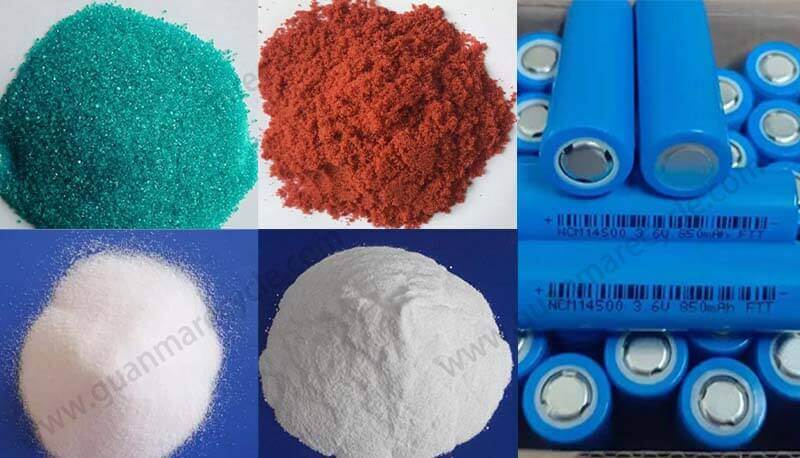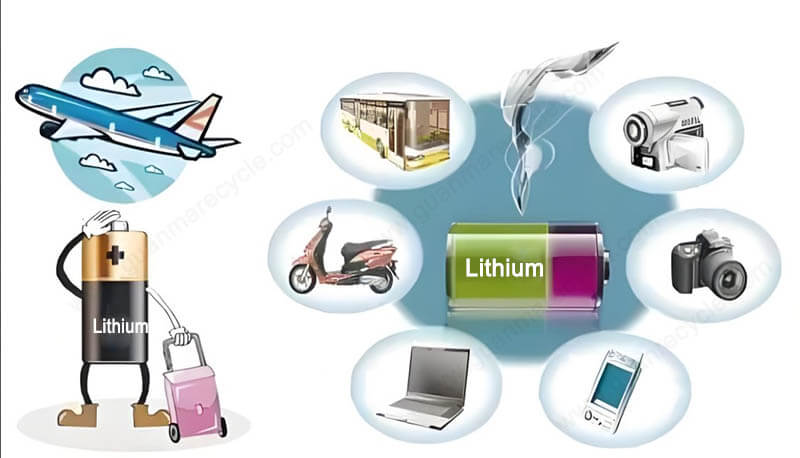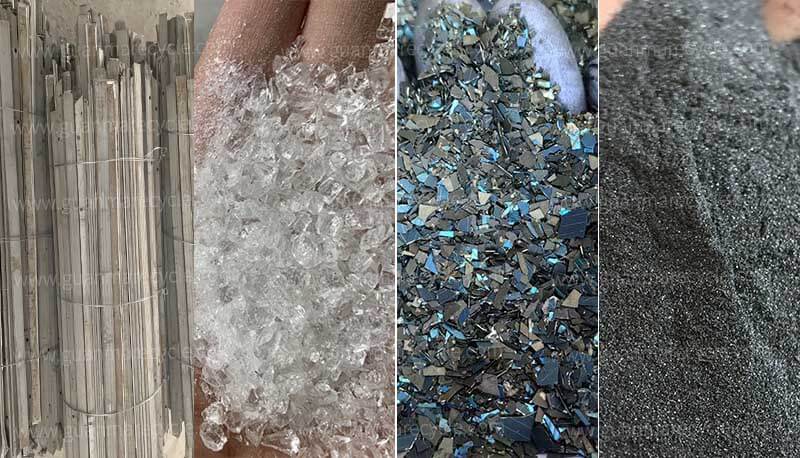In recent years, lithium-ion batteries have seen rapid development in portable electronic devices, electric vehicles, and energy storage systems due to their significant advantages, such as high operating voltage, large specific capacity, low pollution, long lifespan, and no memory effect. Lithium-ion batteries using cathode materials like lithium cobalt oxide (LCO) and lithium nickel cobalt manganese oxide (NMC) have become the dominant products in target markets such as new energy vehicles, mobile phones, and digital devices. As a result, there is a growing demand for these materials, which has opened up vast development opportunities for the lithium-ion battery industry. However, this growth also poses challenges, including the depletion of resources like nickel and cobalt, and the generation of a large number of spent lithium-ion batteries.

Improper handling and disposal of spent lithium-ion batteries can lead to significant environmental pollution. These batteries contain heavy metals such as nickel, cobalt, manganese, and copper, as well as organic compounds like lithium hexafluorophosphate and carbonates, which can pose serious environmental risks if not managed correctly. On the other hand, the valuable resources within these spent batteries—nickel, cobalt, manganese, lithium, copper, and plastics—have high recycling value.
Therefore, the recovery of valuable metals from spent lithium-ion batteries is crucial for the sustainable development of metal resources and for mitigating the environmental impact of accumulating waste. Not only does this practice have significant environmental benefits, but it also offers substantial economic advantages.

The Importance of Lithium-Ion Battery Recycling
1. Resource Conservation:
Nickel and Cobalt Depletion: The increasing demand for lithium-ion batteries has led to a surge in the consumption of critical metals like nickel and cobalt. Recycling these metals from spent batteries can help conserve these finite resources.
Sustainable Supply Chain: By recycling and reusing these materials, the industry can create a more sustainable and secure supply chain, reducing dependence on primary mining.
2. Environmental Protection:
Reduction of Pollution: Proper recycling prevents the release of toxic materials into the environment, protecting soil, water, and air quality.
Climate Change Mitigation: Recycling reduces the need for energy-intensive mining and processing of raw materials, thereby lowering greenhouse gas emissions and contributing to climate change mitigation.
3. Economic Benefits:
Cost Savings: Recovering and reusing valuable metals can significantly reduce the cost of raw materials, making the battery manufacturing process more economical.
New Revenue Streams: The recycling industry itself creates new economic opportunities, including job creation and the development of new technologies and processes.
4. Regulatory Compliance:
Meeting Environmental Standards: Many countries have stringent regulations regarding the disposal of hazardous waste. Recycling helps companies comply with these regulations, avoiding fines and penalties.
The importance of recycling lithium-ion batteries cannot be overstated. As the demand for these batteries continues to grow, so does the need for responsible and efficient recycling practices. By recovering valuable metals and reducing environmental pollution, the recycling of lithium-ion batteries not only supports the sustainable development of metal resources but also offers significant environmental and economic benefits. Embracing this practice is essential for a greener and more sustainable future.


